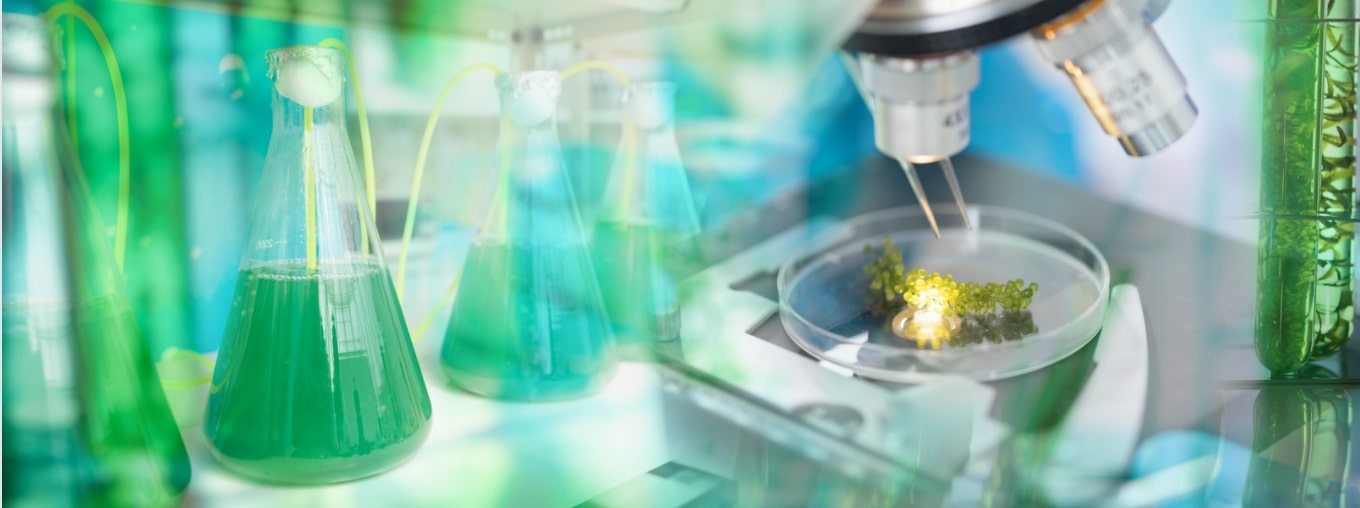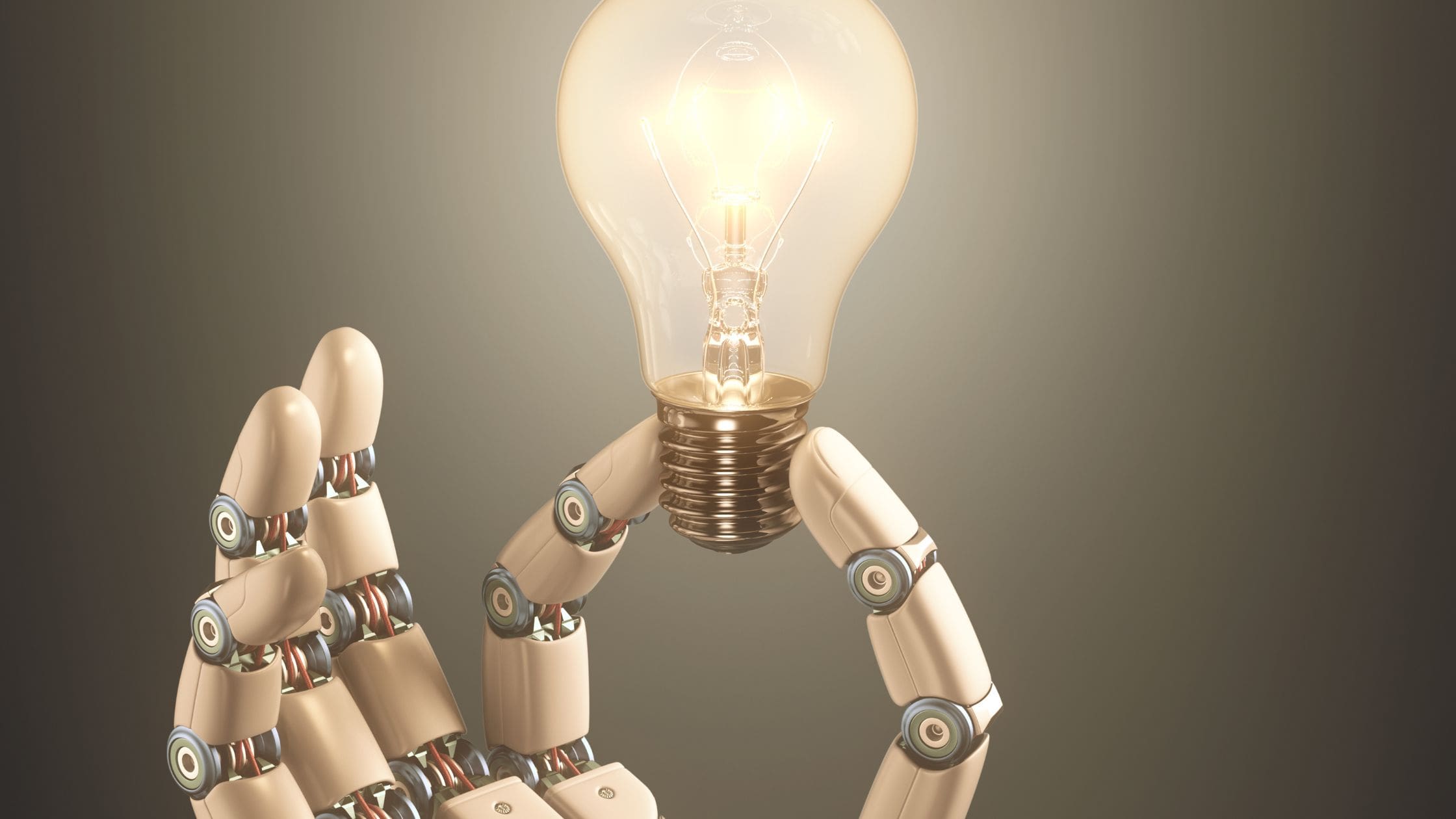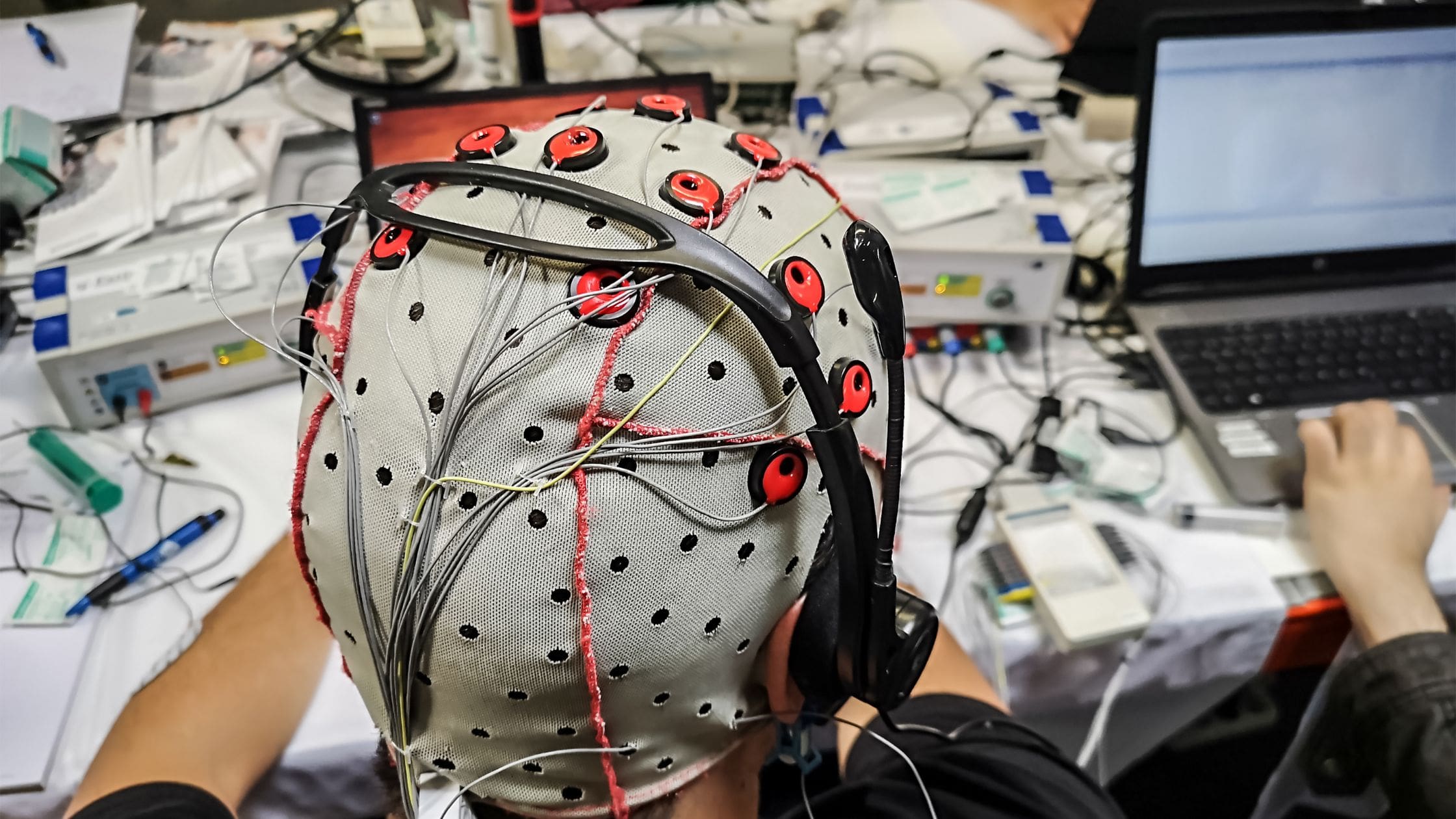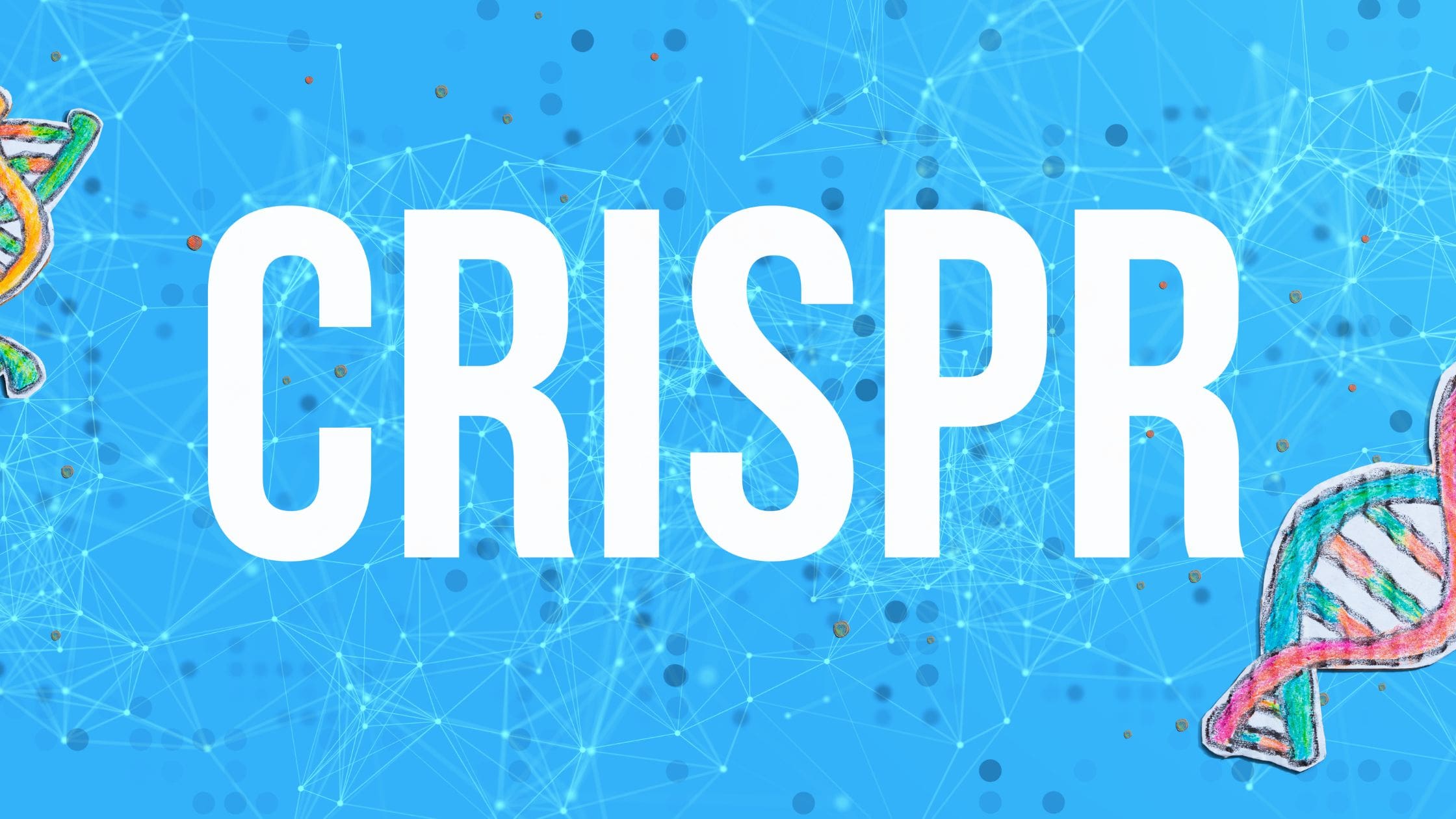In an age of rapidly growing technology, it seems like there is no limit to what science can do for humankind. There are no boundaries to our curiosity and exploration, from space exploration to atomic energy, as we search for better ways to live and improve the world around us.
Synthetic biology is on the precipice of making significant breakthroughs that could change everything about life as we know it. With the potential to change the food we eat and the fuel we use, it certainly seems as though synthetic biology could hold the key we’re missing to a longer, simpler life on earth.
As an evolving science, synthetic biology still remains somewhat of a mystery—even to many scientists and experts. The jury is still out on what synthetic biology means on paper. Is it mad science or a doorway to the next Industrial Revolution?
What is Synthetic Biology?
Because of its rapidly evolving and complex nature, scientists have yet to agree on a concrete definition of what synthetic biology is. We know that synthetic biology is a field that combines the worlds of biotechnology, molecular biology, genetic engineering, systems biology, biophysics, computer engineering, and other scientific fields.
Synthetic biology is most frequently compared to genetic engineering, a science around for over three decades. And while it does build upon the same concepts, synthetic biology provides a more streamlined and data-driven approach to DNA modification. The standardization and automation of the DNA modification process make synthetic biology faster, more precise, and ultimately more useful.
“Genetic engineering adds new DNA to an organism,” says Ellen Jorgensen, co-founder and executive director of Genspace, “and synthetic biology is similar. The end goal of both is to edit the DNA code of an organism to do something useful.”
Genetic engineering often gets a bad wrap, which will hinder the widespread acceptance of synthetic biology. With non-GMO foods becoming an inexplicable craze among grocery store goers and social media moms, the underlying concept is widely misunderstood. Genetic engineering is an essential component of many foods we eat, the clothes we wear, and the medications that save countless lives daily.
Because synthetic biology is a relatively new field, we do not see its products and effects everywhere yet. That could change as interest in its study and development grows rapidly.
How Can Synthetic Biology Change the World?
In its earliest stages, synthetic biology is most prevalent in medicine. As the science and technology behind the field evolve, we can see positive changes in agriculture, nutrition, fuel and even genetics.
One of the first breakthroughs from synthetic biology came with producing the medication used to treat malaria, artemisinin. While this drug is naturally derived from the Chinese sweet-wormwood plant, it’s only produced in extremely small amounts in nature. Using synthetic biology, scientists could isolate the plant’s metabolic pathway to generate the medication in a laboratory setting.
Synthetic biology stands to make a huge impact on the global food supply. By using biosynthetic processes, it may be possible to generate more nutritious foods that thrive in the soil where other crops may not be able to grow or with less water. These same features could also improve our environmental and ecological outlook, using less energy to produce the food we need.
The environmental impact doesn’t end there. There has been a movement for years around synthetic biology and the production of biofuels. In the past, low oil prices and investment conflicts have hindered the progress and interest in alternative fuels. As oil prices soar and climate change closes in around us, today has never been a better time to pursue this alternate course. Cleaner fuel and energy produced via synthetic biology could lead to a healthier climate and enormous economic opportunities.
What’s Holding Us Back
As with all new science and technology, there’s a healthy dose of skepticism being served to the evolution of synthetic biology. Concerns around the manipulation of DNA, and life itself, have been expressed in the scientific community.
Certainly, the phrase “synthetic biology” itself conjures images of unnatural creations and abominations to nature. In reality, synthetic biology is nothing more than the advancement of genetic modification that nature itself is responsible for, adopted by humans (a lot like selective animal breeding) with highly advanced tools and technology.
Once synthetic biology products become part of our everyday lives, and they likely will, the field will lose its science-fiction reputation. Even though synthetic biology is already a major component of modern medicine and growing in industrial efforts such as plastic and rubber manufacturing, the concept remains fairly vague to the general population.
The greatest challenge in propelling the growth and acceptance of synthetic biology is education. With time and demonstration, people will understand that synthetic biology is no more dangerous than other scientific wonders we use every day, such as electricity. If we proceed with safe implementation and responsible development, synthetic biology could very well be the key to unlocking longevity for humankind and our planet.




